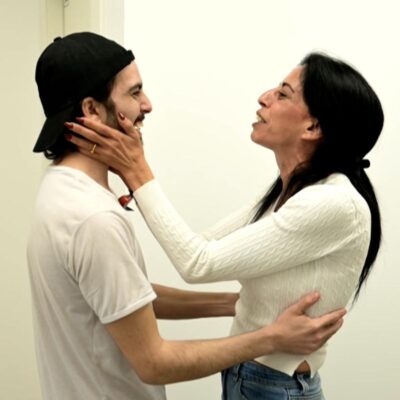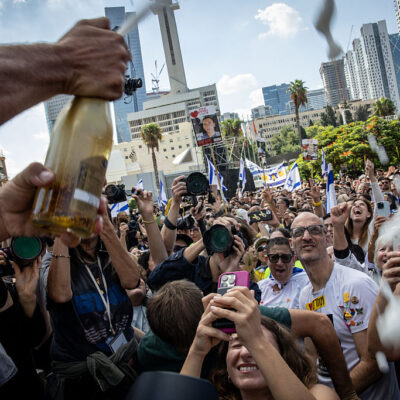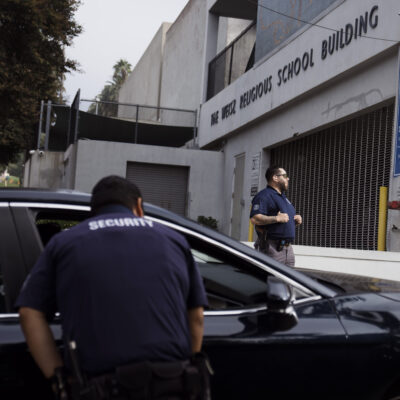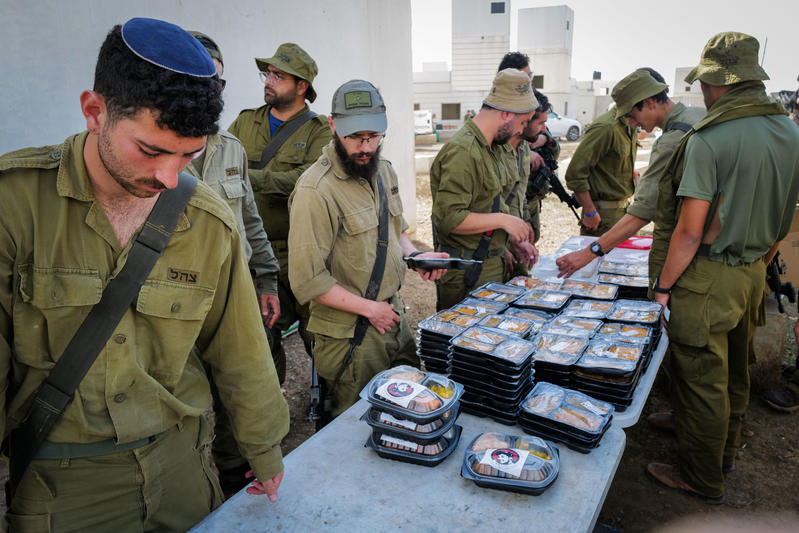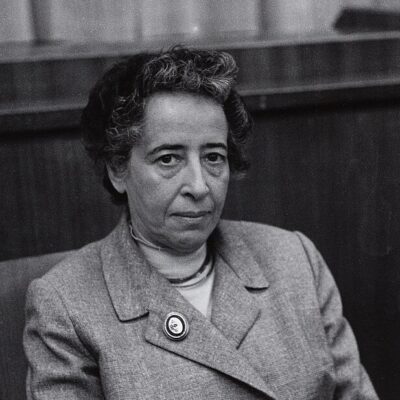Opinion
Stepping Up: the COJECO RSJ Symposium 2019

By Alina Bitel and Roman Shmulenson
According to Professor Jonathan Sarna, to read Gal Beckerman’s “When they come for us we’ll be gone” is “to relive the heroism and the heartache, the desperation and the jubilation that marked the long struggle to free Soviet Jews,” It is not coincidental, that this book, given as a gift to all participants of the COJECO RSJ Symposium became a red thread, connecting multiple presenters and sessions of the conference.
Last week, over 60 Jewish professionals from across North America participated in the COJECO RSJ Symposium, bringing their invaluable experience and knowledge of working first hand with the Russian-speaking Jewish community toward the goals of Jewish identity development and community building. COJECO is the central hub for the Russian-speaking Jewish community in New York tri-state area, whose mission is to convene and connect the Russian-speaking Jewish community to build on our heritage through collaborative leadership, innovative engagement, Jewish education, and community capacity building.
The goal of the Symposium was to foster opportunities for collaboration and partnerships between professionals and organizations, to empower and re-energize professionals working with the RSJ community, to strengthen skills of being effective ambassadors for the RSJ community and reimagine the opportunity and the impact of our work on the Jewish community in the 21st century. For over 30 years, and especially during the last 10 years, the Jewish community has been piloting, developing, and fine-tuning a wide array of engagement programs for Russian-speaking Jews. The COJECO RSJ Symposium Participants came from NY, NJ, LA, SF, Chicago, Boston, Montreal, Toronto, Washington, D.C, Minnesota, San Diego and Ottawa, representing local and such national organizations as PJ Library, Moishe House, JPRO, Foundation for Jewish Camp, Jewish Education Project and Leading Edge.
Conference participants learned about the plight of the Soviet Jewry, debated the multitude of issues facing the global Jewish community, used story telling tools to become effective ambassadors for their organizations and the broader RSJ community and discussed theory of change to address the problems of practice in the larger field. Thought provoking remarks by David Harris of American Jewish Committee and Rabbi Josh Spinner of Ronald S. Lauder Foundation, provocative conversation about Jewish engagement facilitated by David Bryfman and Rabbi Dena Klein of the Jewish Education Project and countless hours of networking and fostering new organizational connections and generating new project ideas – all in a span of 2 days of the conference.
“Our times: simultaneously good, challenging and constantly changing, require exceptional leadership and outstanding Jewish professionals who are competent, confident, articulate and strategic, Jewish professionals who are able to skillfully and tactfully represent our community, Jewish professionals who are able to lead, inspire and empower,” shared Roman Shmulenson, Executive Director of COJECO, “Generation 1.5-RSJs who came to America as children or teens are now starting to formulate and shape their own authentic Jewish experiences either through grassroots efforts or by joining and influencing North American mainstream Jewish organizations.”
Russian-Speaking Jews constitute approximately 15% of the American Jewish Community. While making great contributions to their new home countries’ economic, cultural, political lives, they continue to be on the margins of the organized Jewish community – both in terms of participation in programs and representation at the decision-making level.
Symposium participants returned home to their communities feeling energized, inspired, and connected to a network of caring professionals committed to building a vibrant Jewish community where Russian-speaking Jews are engaged and empowered. And yet, there is still a lingering question, raised by Gal Beckerman’s book, and resurfaced at the conference. While the plight of the Soviet Jewry is no longer a hot topic, the plight of the post-Soviet Jews in their North American Jewish community still is.
In the course of the conference it became apparent that there are already several communities, in which Russian-speaking Jews have stepped up and are making a mark as philanthropists and community leaders. Not coincidentally, these are the communities that have prioritized the empowerment of the Russian-speaking Jews and the excellence of the RSJ communal professionals. Symposium participants agree that to be truly successful, a lot more needs to be accomplished. These aspirations can only be brought to reality when many more communities prioritize investment in RSJ development and ensure that Russian-speaking Jews have a stronger voice at the table of the decision makers in the broader Jewish community.
*COJECO RSJ Symposium was made possible with the generous support of the Genesis Philanthropy Group and in partnership with the UJA-Federation of New York and American Jewish Committee.
Alina Bitel is Assistant Executive Dirctor and Roman Shmulenson is Executive Director of COJECO.

 Add EJP on Google
Add EJP on Google